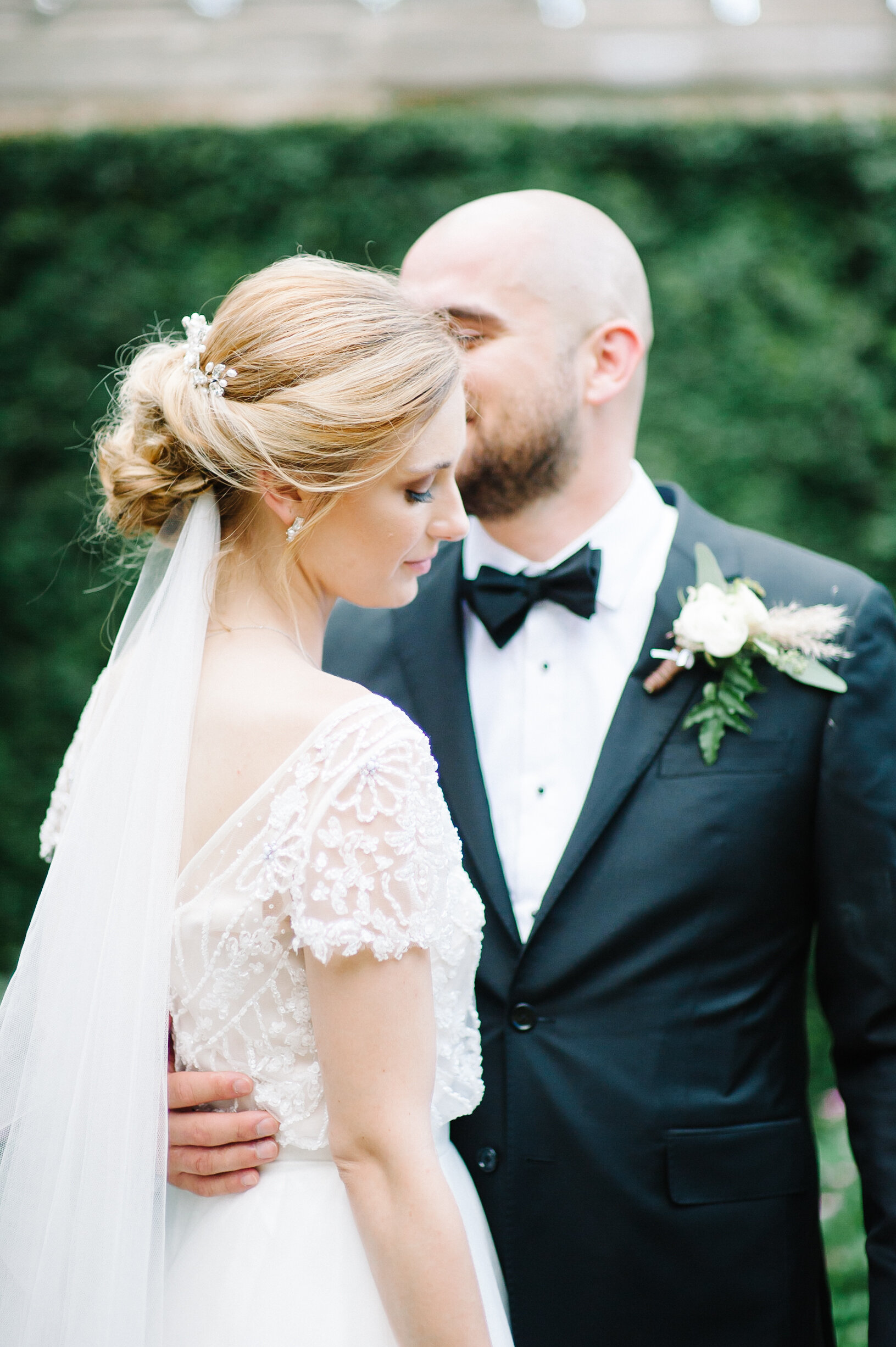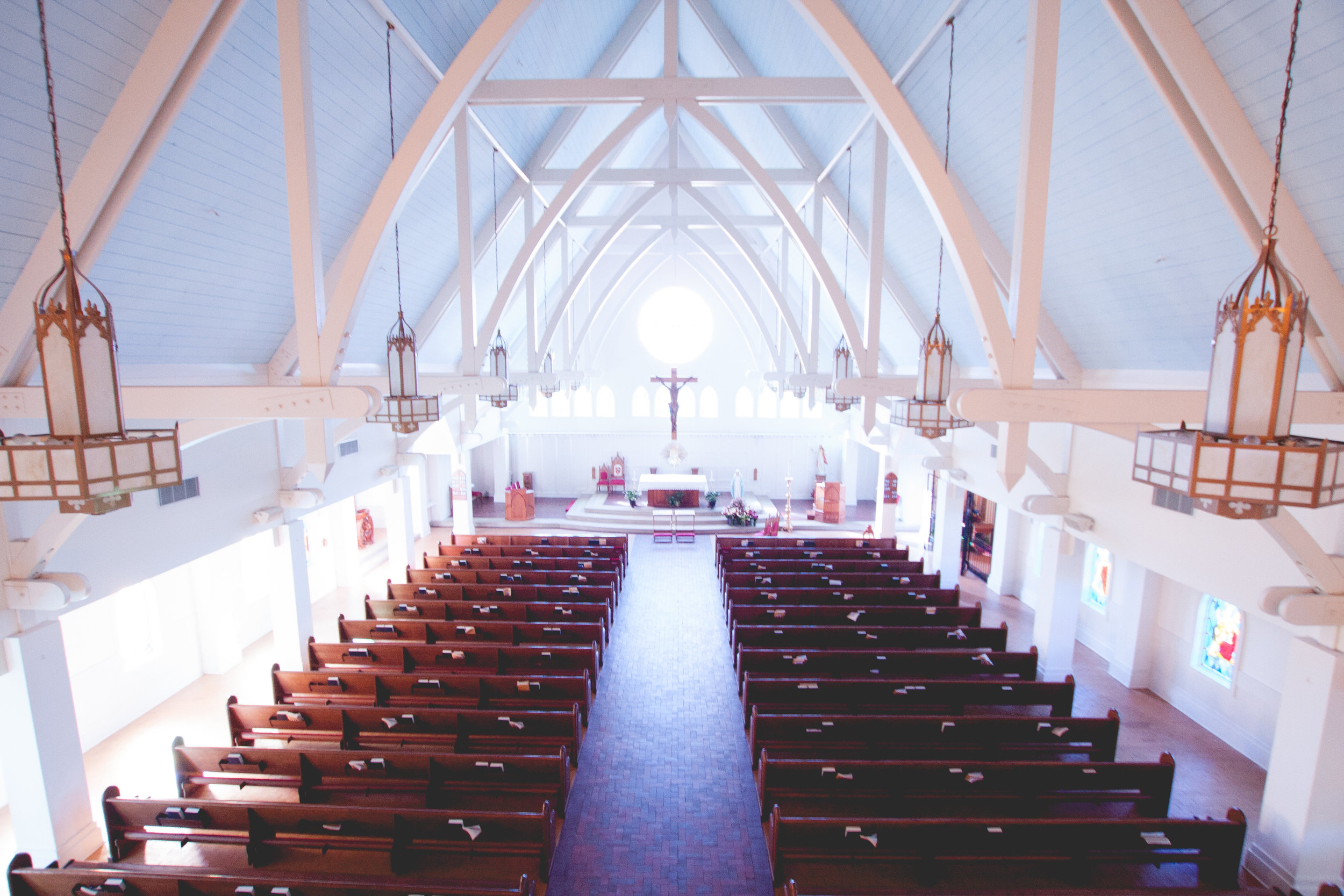Marriage Preparation | The Fruits of Reflecting on Your Sacramental Journey as You Anticipate Your Marriage
/In the sacraments of the Church, we are given a great and bottomless gift. In particular, it’s incredible to consider that they are lifelong, accompanying and equipping us all throughout our earthly journey.
As your entry into holy matrimony draws near, have you considered reflecting on your sacramental journey so far, and what it means for your vocation?
Whether you were born and raised in the Catholic faith or you entered the Church at an older age, taking time to contemplate the significance and experiences of the past sacraments you've received can deepen and enrich your anticipation of the one you're about to enter into.
Photography: An Endless Pursuit
Consider these prompts an exercise in thought and prayer, and an invitation to notice the Lord's specific, personal love at work in your life.
Baptism
Recall that in baptism, we are anointed for a lifetime mission as priest, prophet, and king; daughters and sons of a loving Father.
Ask yourself: what will be our mission as spouses (both in a big-picture sense of evangelism and in the specifics of where and to what God is calling us)?
A family mission statement grounds, inspires, and motivate. Read steps for creating your own.
Reflect on the reality of his grace and the ways in which it has led you to your vocation and to your beloved, from the very start of your membership in the Christian community on your baptism day and on through today.
Reconciliation
Saint Faustina compared Christ's mercy to an ocean, with our sin but a tiny drop. His love and forgiveness are inexhaustible when we kneel before him in humility and contrition. What's more, mercy involves not just forgiveness, but providence: his every movement in our lives, each decision or area of growth we're led to, is his loving will at work.
Ask yourself: How have mercy and forgiveness shaped my spiritual journey? Are there persisting issues my beloved and I need to work through toward healing? In what moments of my life can I see God making his will known to me?
Reflect on how deeply mercy and love are connected: thank Jesus for his unfailing love even through your weakness; ask him to draw you into deeper trust and dependence.
Holy Communion
The source and summit of our faith is the most intimate encounter with Christ we can experience in this life. A gift of his living self.
Ask yourself: When have I sensed Christ’s real presence in my life? How am I called to embody self-gift in my relationship and future marriage?
Reflect on the nature of Christ’s complete self gift in the Eucharist. A free, faithful, total and fruitful offering of his body and blood. Consider the ways that sacrifice and intimacy in married life call spouses to imitate this gift.
Confirmation
The Holy Spirit takes root in our hearts in a real way through the sacrament of confirmation. With this fire, grace is truly present, strengthening us on the path to vocation and sainthood.
Ask yourself: What gifts of the Holy Spirit and what particular charisms do I recognize most clearly in my life? Like the Apostles and saints, how is the Lord calling me to put my gifts at his service?
Reflect on the treasure trove of graces on tap through intercessory prayer. No matter where you are in your spiritual life, identify ways to grow in devotion to you and your beloved’s confirmation saints.
Does your relationship have a patron saint? Find holy examples and prayers for your beloved here.
Time and prayer can encourage you to marvel at the good and find redemption and meaning in life’s challenges. As you reflect on your journey of the sacraments, may you be moved to marvel, to thanksgiving, and to closer attention to the Father’s abundance.

























